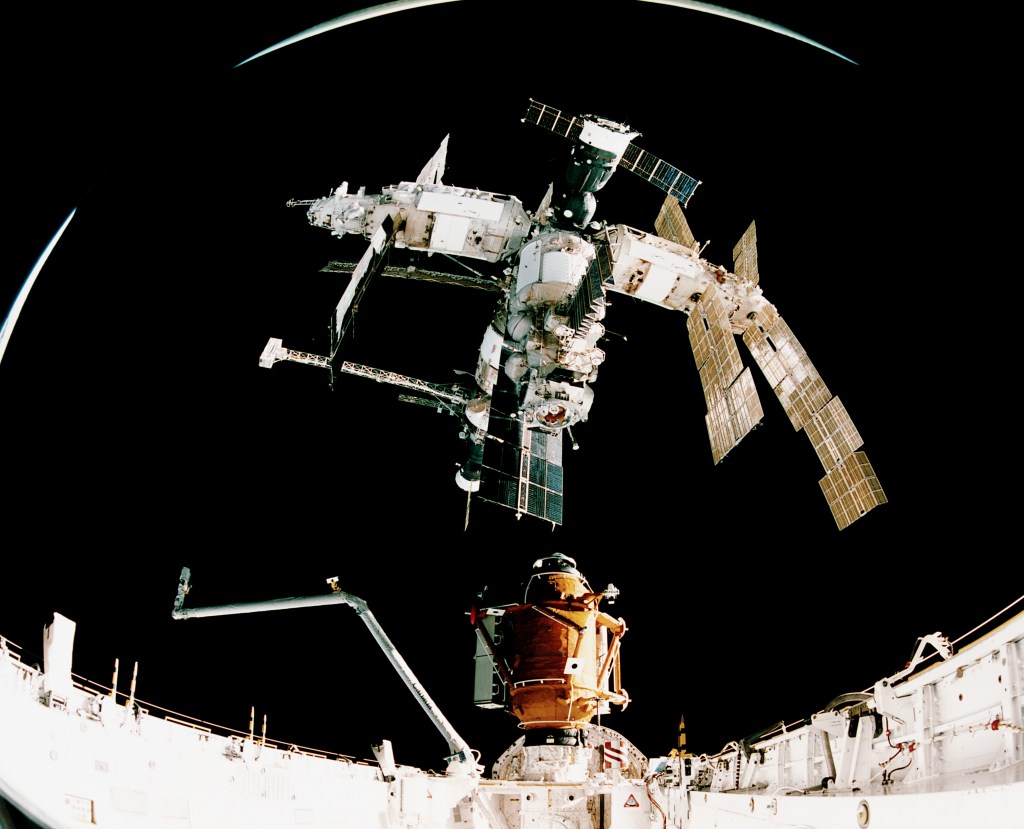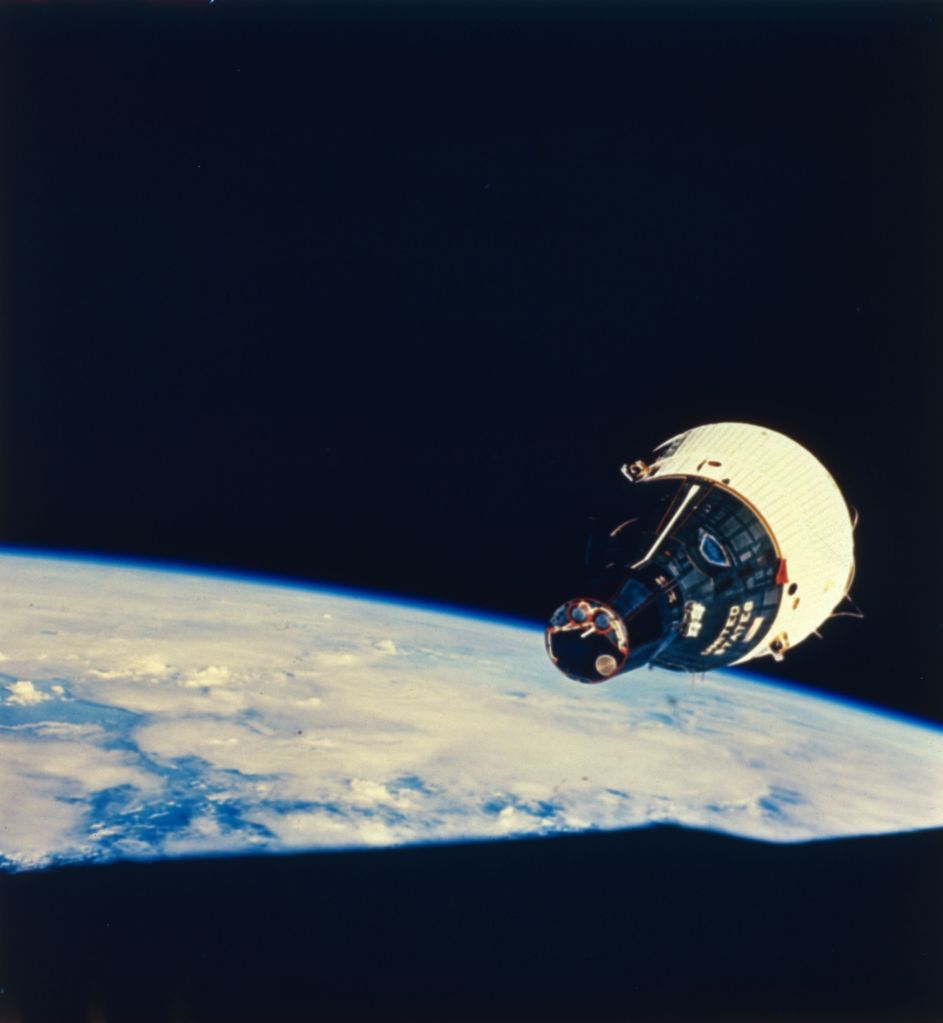The growing momentum behind Earth Observation technology is tipping over into the mainstream, with enormous opportunities for both upstream and downstream businesses.

A year ago, EY was introducing Space Tech to clients as a little-known new concept. By the end of 2022 a real and vibrant industry emerged, with 2023 set to see platforms launched to host applications that solve business problems ranging from asset management to ESG regulatory compliance.
Satellites in orbit are already essential to a range of operations on Earth. Our modern financial system relies on tracking and time-stamping transactions via the global positioning satellite (GPS) system. Next time you tap a credit card for that morning caffeine hit, you can thank this long-running application of Space Tech.
Australia is perfectly positioned in 2023 to take advantage of the Space Tech boom. South Australia has become Mission Control for our Space sector, home to the Australian Space Agency and numerous startups. Up north, Equatorial Launch Australia successfully launched three rockers in 15 days for NASA from the Arnhem Space Centre mid last year. As a nation, Australia’s highly educated workforce, stable political environment and wide open southern skies are all in our favour.
There’s also justifiable excitement around Australia’s scientific contributions to NASA’s Moon to Mars mission and the National Space Mission for Earth Observation’s program to design, build and operate four satellites to give us sovereign capability over that precious data.

Earth Observation (EO) datasets are already being deployed to help make life on Earth better. The many applications include tracking emissions, identifying habitat loss, assessing the impact of natural disasters, flagging threats and mitigation strategies around water and vegetation anomalies, and improving safety and efficiency by monitoring remote critical infrastructure.
In 2022, EY launched a Space Tech Lab and formed a strategic alliance with Swinburne University of Technology. An in-house team of data scientists and astrophysicists partner with those from the Swinburne Space Technology and Industry Institute to understand the potential of Space Tech to help solve some of our clients’ biggest challenges.
When EO data is paired with artificial intelligence and machine learning algorithms, scalable solutions are unlocked for cross sector needs. The EY Space Tech Lab will launch a platform in Q1 2023 for applications designed to improve business outcomes using these technologies to help boost productivity, efficiency, accuracy, and predictability across multiple sectors: power and water, agriculture, resources and emergency response.
EY data scientists and engineers have worked closely with clients on the pilot projects to make EY Space for Earth solutions scalable across sectors, rather than a bespoke product for a select few. Its immediate value and long-term impact will come from it being widely applicable.
The imperative for 2023 is for those providing Space for Earth technologies to do a better job of communicating the opportunities for mainstream corporate and public sector operations. Those who move beyond demonstration projects to reality will make the biggest difference.
Further forward there are innovations looking for proof-of-concept funding that resemble science fiction now but have potential to be mainstream. These include harvesting solar power from Space, mining on the moon, and manufacturing precision instruments in low-Earth orbit.
Earth Observation applications are already well proven, trusted and surprisingly simple to start deploying to help our businesses and our lives. If 2022 was the year Space Tech entered the mainstream business orbit with pilot programs, 2023 looks like the year it will rocket into purpose as sectors, governments, and citizens around the world learn to truly take advantage of it to improve conditions on Earth.
Anthony Jones is Space Tech leader and Oceania Assurance Innovation leader at EY.